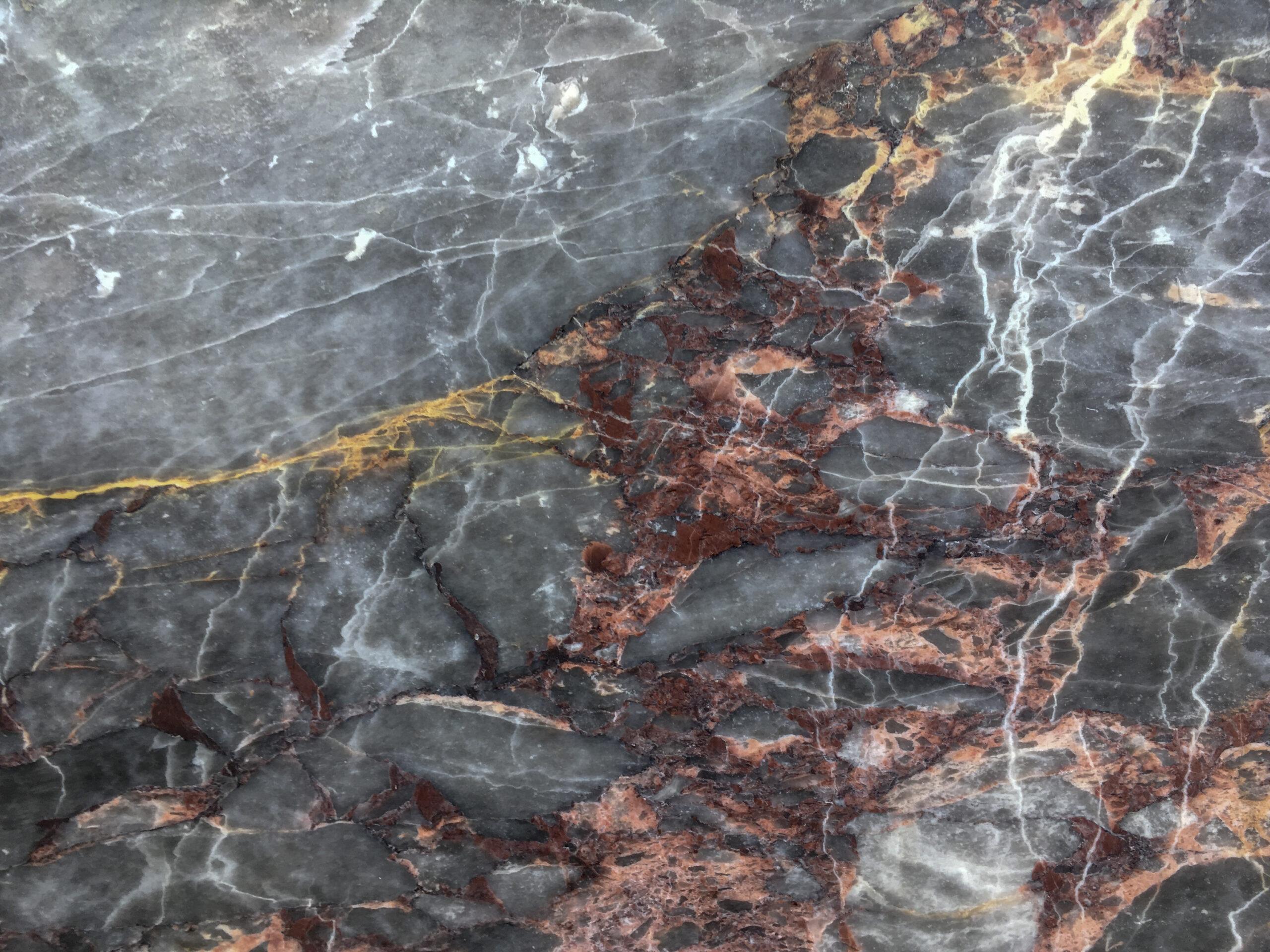In most cases, homeowners can reseal stone themselves, especially for simpler applications like countertops or floors Most sealers are available in easy-to-apply sprays or liquid forms, and the process typically involves cleaning the stone, applying the sealer, then allowing it to dry. However, for larger or more intricate surfaces, or if you’re unsure about the right type of sealer, hiring a professional might be advisable to ensure proper application and avoid damaging the stone.

